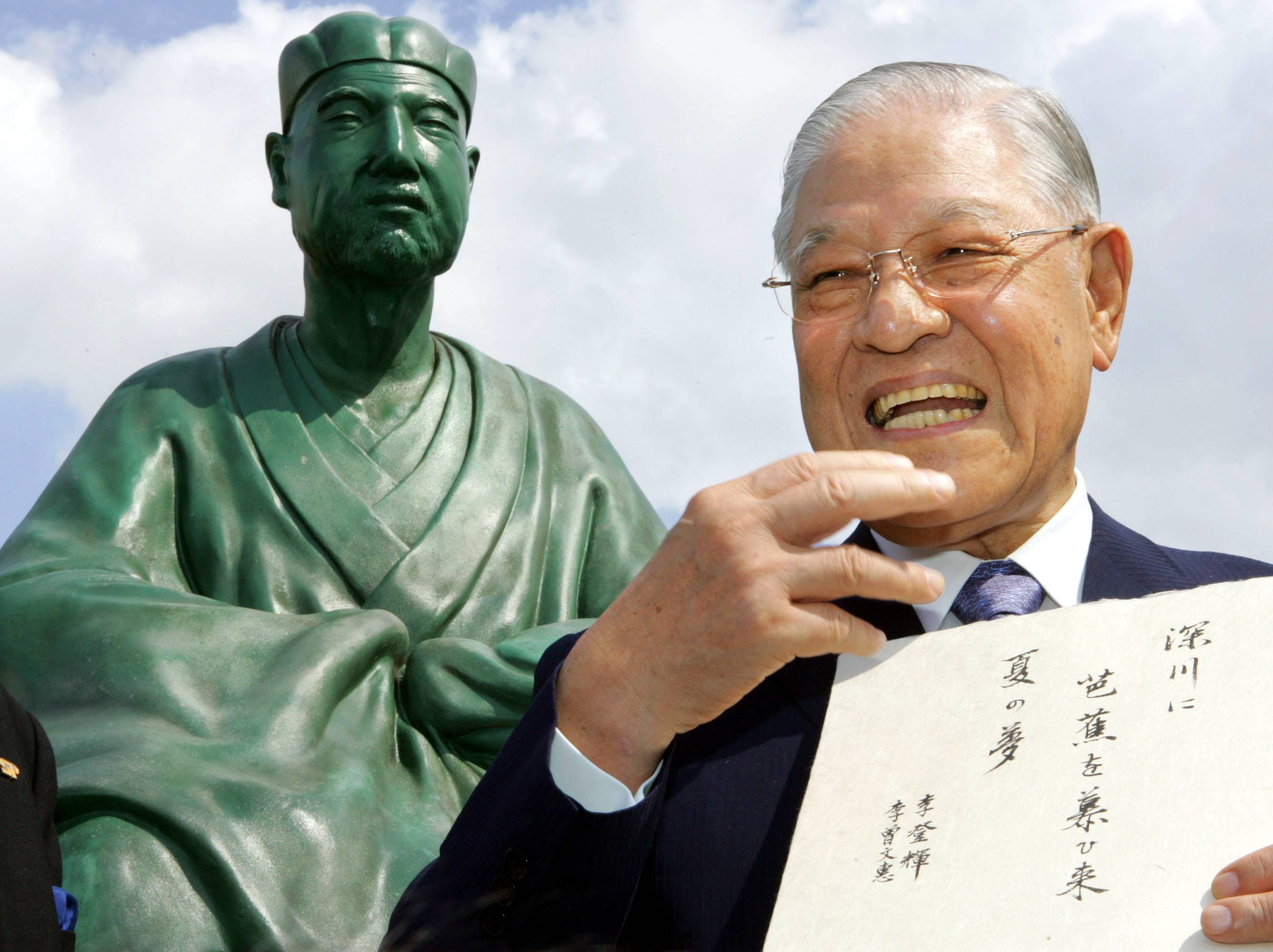Lee Teng-hui, one of Asia’s democracy icons, died last week at the age of 97. As president of Taiwan, he steered the island faithfully and unswervingly toward democracy, promoting Taiwanese identity and, later in life, independence. In stark contrast to that singular focus and mission, his life was an extraordinary meander, a journey that spanned the political spectrum and during which he delighted in provoking all who challenged him.
Lee was born in 1923 to a well-off family in a farming community in northern Taiwan, several decades into the Japanese rule of the island. His father worked for the colonial rulers as part of the police. Lee earned a scholarship to study agronomy at Kyoto Imperial University. While there, he enlisted in the Japanese Imperial Army, rising to the rank of second lieutenant, although he never saw action during World War II.
Detailed to Taiwan during the conflict, he was ordered back to Japan before the war’s close. He remained in Japan after surrender and finished his degree in 1946. Lee returned to Taiwan to study agricultural science at National Taiwan University. In one of the meanders that marked his life, Lee joined the Chinese Communist Party in 1946, feeling that it could help him promote Taiwanese identity, although he soon left the party, disillusioned.


















With your current subscription plan you can comment on stories. However, before writing your first comment, please create a display name in the Profile section of your subscriber account page.